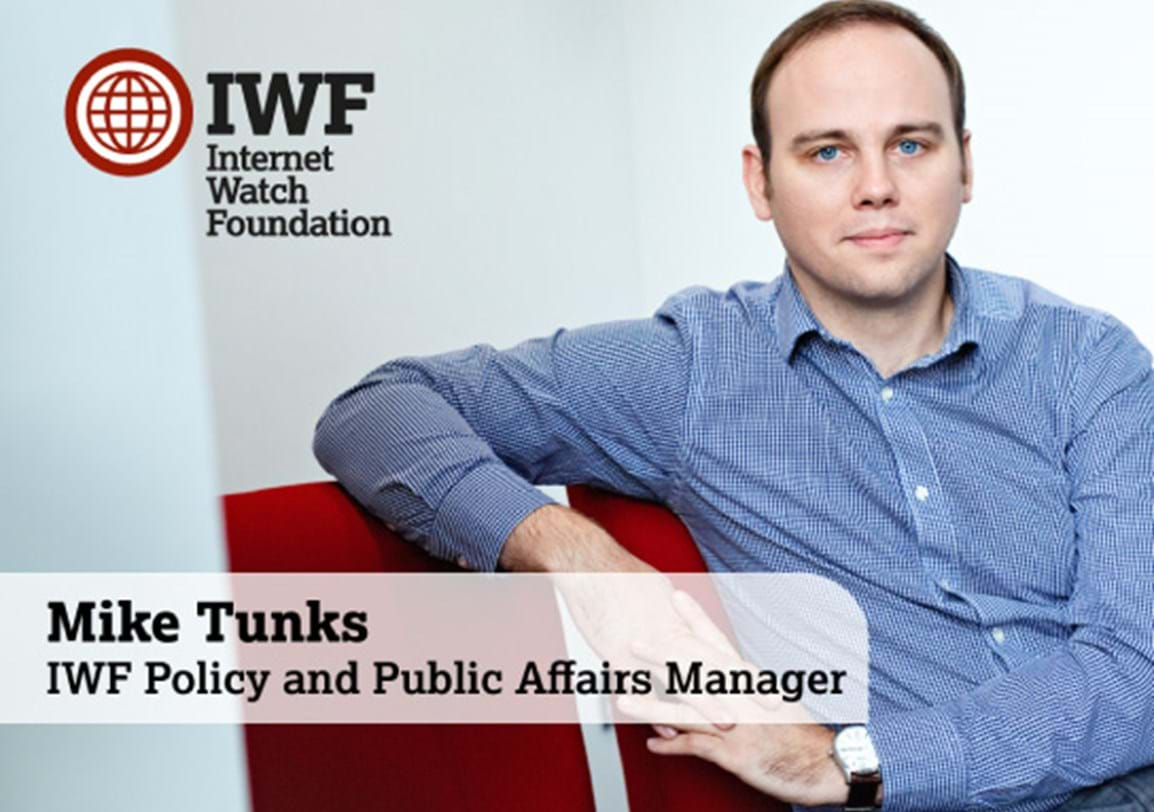
Tips for helping children stay safe online
Tips for helping children stay safe online.

Published: Wed 31 Oct 2018
Last Thursday, the Home Affairs Select Committee published a report which echoes previous findings by the Justice Select Committee, namely that Police Forces are not adequately equipped to handle the volume of digital evidence generated, including cases of online child sexual abuse (CSA).
The report states: “We are concerned that the police response to CSA is still nowhere near the scale needed, especially given the risk that online CSA may either be an indicator of current or future contact child abuse, or a contributing factor towards an offender engaging in physical abuse in the future.”
We support the Home Affairs Select Committee’s view that our policing partners and others involved in tackling CSA online, are under resourced to deal with the growing issue of the hosting and posting of child sexual abuse imagery online.
Both the Home Affairs and Justice Committees have pointed out that the entire public-sector system is under severe pressure and not adequately resourced to deal with this issue. But efforts outside of the public sector to prevent this material from appearing in the first place are in an equally troubling position.
At the end of 2020, the Internet Watch Foundation (IWF) will lose the grant it receives from the European Union to help us fight the spread of these images online. That’s alarming, not least because EU contribution currently pays for half our Hotline team, who last year removed over 80,000 illegal individual webpages which can contain hundreds, if not thousands of child abuse images. Whilst we recognise that policing is under pressure and needs resourcing, we too, must look to the Government and other partners to bridge this dangerous shortfall and help us keep up our vital work.
The IWF already reduces demand on policing and the criminal justice system by working prior to the court process, issuing the ‘take-down’ notices on illegal internet content to internet companies. It is then up to the companies themselves to remove the offending content, which in the case of our members usually happens within two hours of them being notified.
At the IWF we understand just what a complex issue online child sexual abuse images and videos are to deal with and we sympathise with the position that the police find themselves in. Attempting to gather evidence where the victim may be in one country, the offender in another and the hosting of the content in another, makes investigating these cases particularly complex, given the different legal systems that must be considered.
Child Sexual Abuse is clearly an issue which is of top priority for the police and the public. It is an appalling and abhorrent crime. But it is important to remember that it is just one of many competing priorities for the police. Their remit has grown hugely under the current Government, as it has passed more and more legislation on issues such as Modern Slavery, Human Trafficking and Female Genital Mutilation. But their funding has decreased and they are being asked to deliver more with less. Whilst the Home Secretary’s recent pledge of over £20million pounds worth of additional funding for police is welcome to tackle this issue, as the Committee report comments, it will still not be enough against a backdrop of increased legislation in other areas, with no additional funding yet announced to accompany it.
Finally, the report is about policing in the future. We would also like to add to the inquiry’s findings that as well as looking at the current challenges and priorities for policing, the inquiry should also consider the impact that this is having on the people within the profession. No one knows the full personal impact of looking at child sexual abuse images on a daily basis. But at the IWF, we believe there are a number of steps that should be taken to ensure staff welfare, a subject we are global leaders in. Simple steps such as mandatory counselling, regular breaks for certain activities and annual psychological assessment should be the minimum standard for anyone working in this difficult and complex area.
Our message about the future of policing is simple - now is the time to invest in making the internet a safer place for all our children and to invest in the people who do this vital job.

Tips for helping children stay safe online.